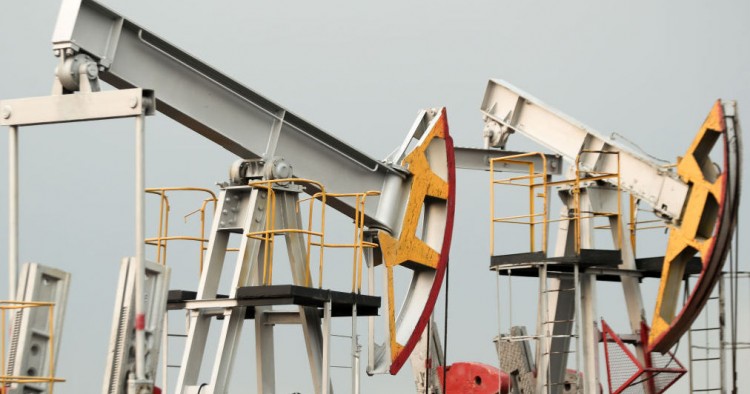On Sunday OPEC and Russia reached an unprecedented agreement to cut output by 9.7 million barrels per day for the next 60 days, hoping to stop a fall in oil prices precipitated by the price war between Russia and Saudi Arabia and exacerbated by the massive loss in demand brought on by the global coronavirus pandemic. So far the response from the markets that have reopened after the holiday weekend has been lackluster, with U.S. stock futures sliding in early trading on Monday, and the new cuts will likely not do much to shore up oil prices, which fell almost 5 percent after the initial cuts were proposed last Thursday by OPEC and its non-member allies (OPEC+). Brent, a global crude pricing benchmark, is currently around $32 per barrel, almost half its price at the beginning of 2020. The pandemic has obliterated oil demand on a global scale as lockdowns all over the world have meant less travelling and reduced consumption and production. Even with dramatically reduced output from OPEC+, the world's oil producers are still bracing for an oversupplied market, low prices, and huge losses.
Much as the 2008 financial crisis wiped out all but the lowest cost shale oil producers in the U.S., the current demand destruction in the oil market will likely make it very difficult for North American shale and tar sand oil producers to continue to operate. The U.S. Energy Information Administration (EIA) has even projected that the country will return to its previous status as a net energy importer as a result of this shift in global oil markets. Despite the White House’s calls for cuts in U.S. production to “pick up the slack,” it’s very unlikely that the various privately operated U.S. oil producers will coordinate to cut production. While OPEC+ producers such as Russia and Mexico will start to return to normalcy once the pandemic recedes and the global economy restarts, marginal producers in the U.S. and Canada that rely on shale and tar sands for their production may find themselves shut-in indefinitely.
Khaldoun Khelil is an energy and international security expert and a non-resident scholar at the Middle East Institute.
Photo by Yegor Aleyev\TASS via Getty Images
The Middle East Institute (MEI) is an independent, non-partisan, non-for-profit, educational organization. It does not engage in advocacy and its scholars’ opinions are their own. MEI welcomes financial donations, but retains sole editorial control over its work and its publications reflect only the authors’ views. For a listing of MEI donors, please click here.













